
Video Link: https://vimeo.com/253114784
Video Download: Hgh Injections For Post Surgery Drug Rehabilitation And Injury Recovery
Video Stream: Hgh Injections For Post Surgery Drug Rehabilitation And Injury Recovery
Most Americans have a sense of how Performance Enhancing Drugs (PED) have impacted the international professional athletic scene and Olympics, as well as drawn the interest of amateurs and bodybuilders across the nation and the world. Of course, although many medical and hormone treatments are used for performance enhancement, there are also clearly times when these treatments can be used for legitimate medical purposes and procedures.
Human Growth Hormone (HGH), for example, shows immense promise as a tool for injury rehab and workout recovery that can help players get back on their feet and back on the field more quickly. Unfortunately, many treatments like these are banned wholesale in the effort to prevent cheating in sports. Most people that talk about doping and performance enhancement either advocate for the complete ban of Performance Enhancing Drugs or to allow players the freedom to augment their training in any way beneficial.
As years pass and the research regarding treatments like Human Growth Hormone and Sermorelin Acetate injections continues to grow, it's clear that the answer is not necessarily in favor for one extreme or the other, but for the controlled use of certain substances for specific purposes. Finding the balance and legitimate medical reasons for using these drugs is the key.
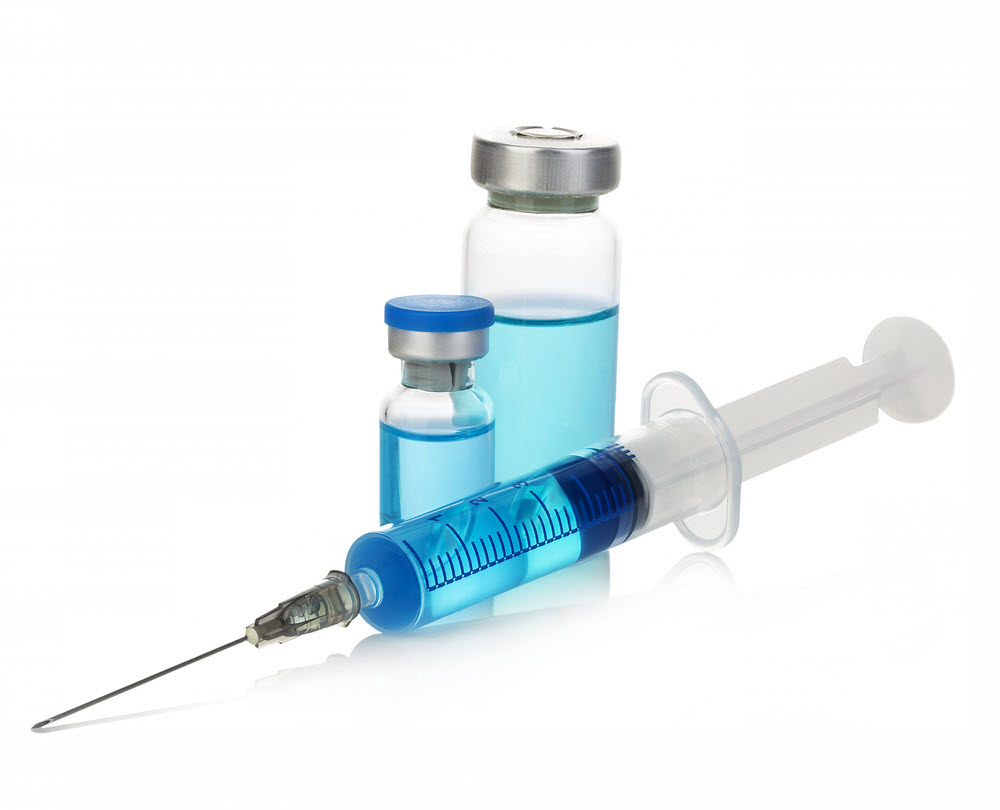
How are Performance Enhancing Drugs Regulated in Sport Today?
Although there has been drug testing and other forms of PED control in the past, it was in the year 2004 that the regulations against doping solidified, as the World Anti-Doping Association (WADA) code became the law of the land concerning hundreds of athletic organizations across the world. By creating one primary standard, this makes it easier to ensure that all athletes are playing by the same rules. Central to this code is a list of banned substances. If athletes are discovered to be using any of these substances for any purpose, they violate the terms of their sport, and this triggers punishment. It doesn't matter if the athlete takes the banned substances deliberately or by accident, for example. It doesn't even matter if the athlete is taking the drug for a medically valid reason, they are still considered to violate the WADA code. However, this does not prevent ordinary people from seeking out these hormonal treatments and getting prescribed for them.
Many Substances that Are Considered PEDs are Prescribed to Facilitate Healing and Recovery
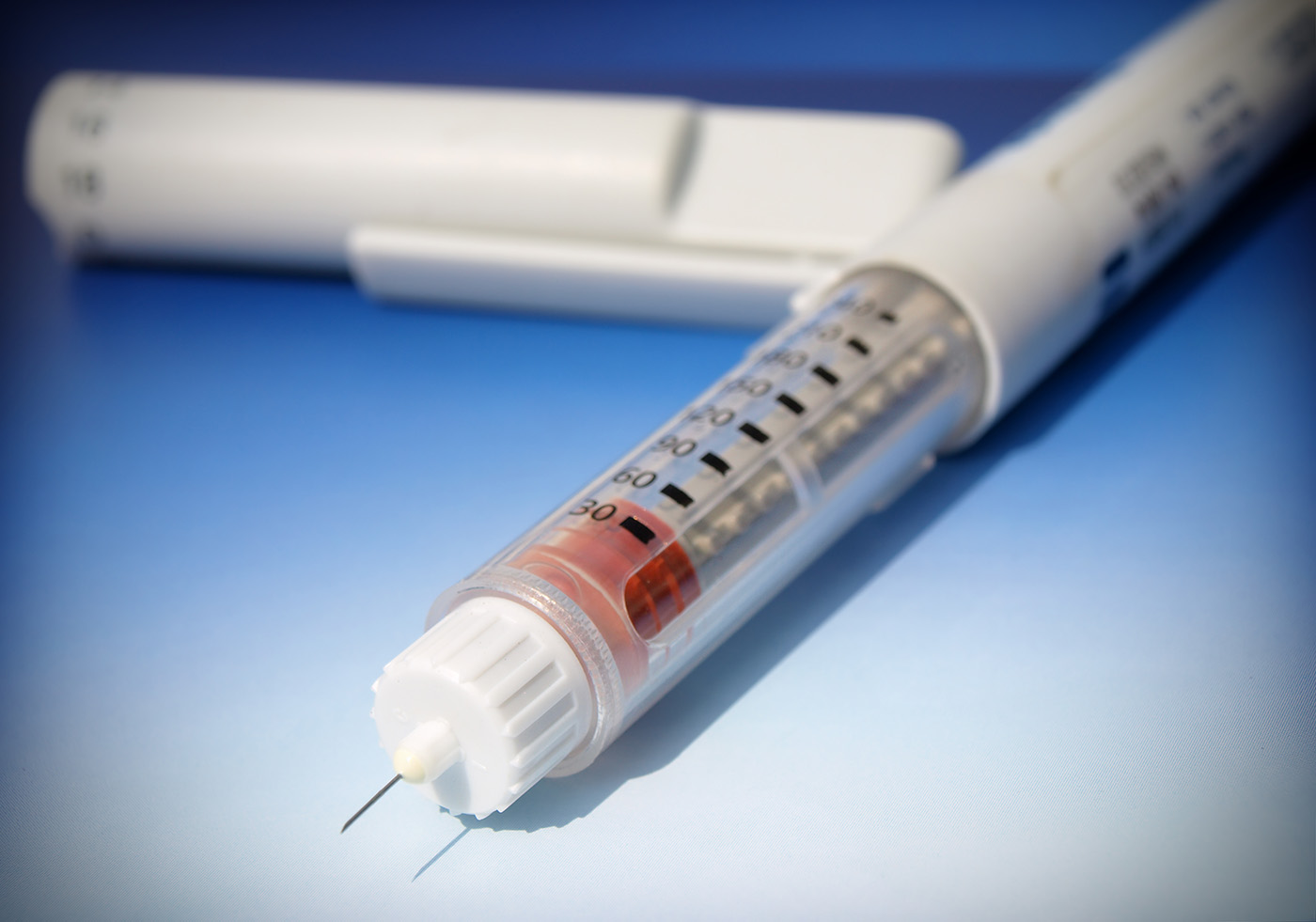 There are a variety of drugs that have shown incredible promise in treating sports-related injuries, especially Testosterone and Sermorelin. The problem is that many of these drugs are also potent performance enhancers as well. For example, there is concrete evidence that HGH injections can increase performance in sprinting, running and cycling. Specifically, Growth Hormone injections improved 100-meter times by 0.4 seconds and allowed cyclists to achieve a four to five percent boost in speed.
There are a variety of drugs that have shown incredible promise in treating sports-related injuries, especially Testosterone and Sermorelin. The problem is that many of these drugs are also potent performance enhancers as well. For example, there is concrete evidence that HGH injections can increase performance in sprinting, running and cycling. Specifically, Growth Hormone injections improved 100-meter times by 0.4 seconds and allowed cyclists to achieve a four to five percent boost in speed.
Given that HGH treatments cost in the range of $500 to $1,500 a month, for most athletes and bodybuilders this is a small price to pay for what they get in return of their investment. Now, this might not seem like all that much to some regarding cost and benefits, but in the world of competitive running and cycling, these advantages are enormous. Interestingly enough, these same studies showed no change in the ability of the athletes to jump or lift, nor did the use of HGH improve overall fitness in the athletes (except in some circumstances).
Of course, when used strategically over a long period of time, HGH, Sermorelin and Testosterone can improve strength, endurance and recovery time, because of the way that it enhances rehabilitation and downtime, but this only allows an individual to squeeze out more training in a shorter period. So there is a real-time factor with Bio-identical Hormone Replacement Therapy. Evidence suggests that men and women with HGH Deficiency can benefit significantly from the use of Human Growth Hormone injections, Sermorelin or even Testosterone cream or injections with minimal risk of side effects, but healthy individuals, such as athletes that use HGH or Sermorelin over a long period of time at unnaturally high doses put themselves at risk of conditions such as joint pain, swelling, fatigue, and reduced stamina.
Long-term abuse of HGH or Sermorelin can lead to Carpal Tunnel Syndrome, Osteoarthritis and Diabetes. In spite of the potential risks associated with overdose, especially over an extended period of use, injectable Growth Hormone appears as though it could be incredibly beneficial and safe for use as a means of healing and recovery from injury, even among healthy men and women.
Human Growth Hormone is produced in the brain by tiny cells in the human pituitary known as Somatotrophs (located in the anterior). The Hypothalamus triggers Somatotrophs through the release of Growth Hormone-Releasing Hormone (Sermorelin is an analog of GH-RH), and HGH circulates through the body performing various functions related to cellular metabolism (including healing). HGH also passes through the liver, where it is converted into Growth Factors, the most common of which is Insulin-Like Growth Factor One (IGF-1).
HGH injections and IGF-1 Stimulate Healing of Bone and Cartilage
Among the many benefits that IGF-1 offers is that it encourages the recycling of bone and the rebuilding of cartilage. There are many men and women that have significantly benefited from the use of HGH or Sermorelin injections for this purpose.
Joe Root HGH Injections for Rehabilitation
 For example, Joe Root is a professional motocross driver, and he experienced a severe and brutal injury in 2000 in which he broke his femur and shattered his hip. At age fifty, it was expected to take him nine months to a year to get back to relative health. Amazingly, he was able to get back on the track in only two months. How did he return to full form so quickly? A mixture of quality rehab and injectable Human Growth Hormone therapy.
For example, Joe Root is a professional motocross driver, and he experienced a severe and brutal injury in 2000 in which he broke his femur and shattered his hip. At age fifty, it was expected to take him nine months to a year to get back to relative health. Amazingly, he was able to get back on the track in only two months. How did he return to full form so quickly? A mixture of quality rehab and injectable Human Growth Hormone therapy.
His regimen was provided by Dr. Mark Gordon, who belongs to the American Academy of Anti-Aging Medicine (A4M), and is one of its most renowned and essential members. More than 20,000 physicians are members or supporters of the A4M, who support low-optimal dosing with Testosterone, HGH, Sermorelin or HCG, amongst other treatments, for adults who are deficient in hormones, or for people with HGH levels in steep decline.
Grant Hyde HGH Injections Rehabilitation
Another example of an athlete that benefited amazingly from Human Growth Hormone is Grant Hyde, an ex-rugby player from Australia. As a result of his professional career playing rugby, he experienced severe shoulder pain which prevented him from enjoying an active lifestyle. He tried massage, acupuncture, and physiotherapy, and nothing provided him any benefit to his pain. After trying all of these traditional and non-traditional methods, Hyde turned to bio-identical Human Growth Hormone therapy.
His doctor prescribed him with a four-dose Human Growth Hormone therapy regimen, which he received for a two week period. HGH provided him such relief that his shoulder felt healthier and in better condition than it was when he first experienced the injury seven years prior. Hyde was forced to quit playing rugby at thirty-five as a result of a shoulder-dislocation that was the source of his later chronic pain. It's easy to hypothesize that, perhaps if he had the opportunity to use HGH injections when he first injured his shoulder, he would very likely have been able to continue playing the game that he loved for at least a few years longer.
Legal Restrictions Prevent Many Patients from Getting the Care They Deserve
In spite of the legal status of HGH for purposes other than adult HGH Deficiency and AIDS-Related Cachexia, there is no doubt that a significant number of professional athletes have turned to Sermorelin or HGH therapy for injury rehab. Athletes often go to Europe for treatment, and in many countries, HGH injections are available for such uses. Because Human Growth Hormone therapy is so difficult to detect, the risk to the player for using HGH, at least during the off-season, is relatively low.
 There are also other medical procedures which are considered against the rules by the World Anti-Doping Association that can provide immense benefits for athletes that are in the process of injury rehabilitation. One of these treatments is known as Orthokine Therapy, a procedure in which a patient has blood drawn and treated before being re-injected into the body. Correctly, in this form of treatment, twenty ccs of blood is drawn, and the blood is treated with certain rehab-promoting factors.
There are also other medical procedures which are considered against the rules by the World Anti-Doping Association that can provide immense benefits for athletes that are in the process of injury rehabilitation. One of these treatments is known as Orthokine Therapy, a procedure in which a patient has blood drawn and treated before being re-injected into the body. Correctly, in this form of treatment, twenty ccs of blood is drawn, and the blood is treated with certain rehab-promoting factors.
After the blood is processed, the supercharged lymphocytes and platelets improve the healing capacity of the body. There are many elite-level professional athletes that have used this form of treatment, including Alex Rodriguez, Fred Couples, Vijay Singh and Kobe Bryant. As a result of this treatment, Kobe Bryant was able to play better than he ever had in his life, at least using rebounds and points per game as a barometer. The reason why these athletes were able to benefit from this form of treatment is that the PGA, MLB, and NBA do not abide by the entire list of restrictions outlined in the WADA Guidelines (at least at the original writing of this article).
Performance Enhancing Drugs Should be Allowed Under Certain Circumstances Which Benefit the Health of the Patient
There are many reasons why at least some of these procedures should be legally allowed, most prominently as a means of rehab. If treatments like Sermorelin/HGH therapy for rehabilitation were allowed in sports, it would increase the quality of the game and keep the stars we love in the game longer. It's a shame when players have to quit because of their injuries, or how often players are lost for an entire season when it may be possible to cut rehab time in half or greater with proper techniques, even if they are considered “cheating” by the current PED rubric.
There are already so many ways that athletes can maximize performance, such as 21st-century training, supplement, and nutrition programs. They also benefit from modern surgeries such as Tommy John's which allow athletes to recover from injury and enhance their performance. Why should medical treatments be denied to patients just because of their occupation?
How Can We Ensure That These Treatments Are Only Used By Those that Need Them?
Of course, there are issues which can make the proper use of these potential performance-enhancing medical treatments problematic. There has to be an appropriate system in place which ensures that athletes only use such therapies in case of injury rehabilitation and not merely for performance enhancement. Perhaps there could be rules outlined which specifically only allow specific, certified physicians to provide these services, to create a culture of transparency.
National and international anti-doping associations could play an active role in this process. They could create an accreditation process which establishes a system of trusted doctors that can be utilized by patients. Transparency could be bolstered by using independent medical specialists that could assess the potential benefit to the athlete and provide a recommendation to league or board officials.

One of the big problems with the abuse of Performance Enhancing Drugs by athletes today is that there are many physicians and other specialists that are willing to service athletes and other individuals that persist in this gray area, sometimes putting their careers at risk to provide drugs for Performance Enhancement. Creating a transparent system that allows patients responsible use of these drugs for specific purposes would increase the risk vs. reward of using these treatments for non-approved purposes.
As These Treatments Become More Acceptable, They Will Become More Widespread
Unfortunately, in spite of the evidence of immense potential benefit, HGH Therapy is currently considered illegal in the United States for Rehab purposes. Most athletes can circumvent this rule by visiting physicians in countries where these treatments are available legally. Fortunately, there are other treatment options available that can be lawfully used in the United States in spite of the restrictions specific to Human Growth Hormone. For example, Sermorelin Acetate is a form of treatment which directly stimulates the production of Human Growth Hormone and can be prescribed Off-Label as needed at the discretion of a medical professional.
Also, although specific uses for Human Growth Hormone are considered off-limits by the United States Food and Drug Administration, there are certain areas in which patients with HGH Deficiency will be able to experience ancillary benefits which could benefit them greatly. For example, although a patient cannot receive HGH explicitly to improve joint health or improve cognitive health, they can experience these benefits directly as a result of HGH Injection Therapy for Human Growth Hormone Deficiency. As the scientific evidence behind Human Growth Hormone Therapy continues to grow, there is no doubt that the range of uses for HGH will continue to become broader. There is no doubt that Human Growth Hormone will one day be considered a wonder drug of our time.
As the scientific evidence behind Human Growth Hormone Therapy continues to grow, there is no doubt that the range of uses for HGH will continue to become broader. There is no doubt that Human Growth Hormone will one day be considered a wonder drug of our time.
References
Can HGH Really Make You Heal 6 Times Faster From Injury?
MedSport Studies HGH for ACL Repair
http://www.medicineatmichigan.org/web-exclusives/2016/february/medsport-studies-hgh-acl-repair
By the way, doctor: HGH after surgery
https://www.health.harvard.edu/newsletter_article/By_the_way_doctor_HGH_after_surgery

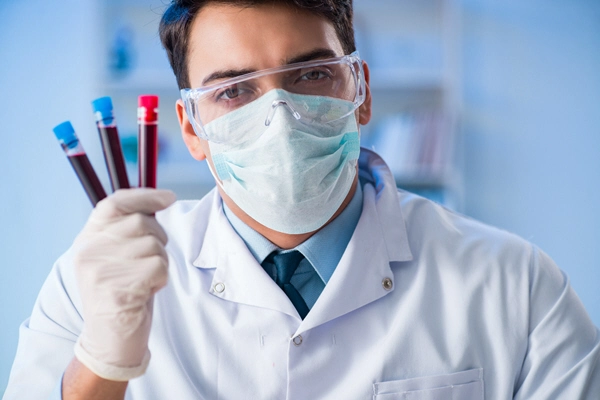
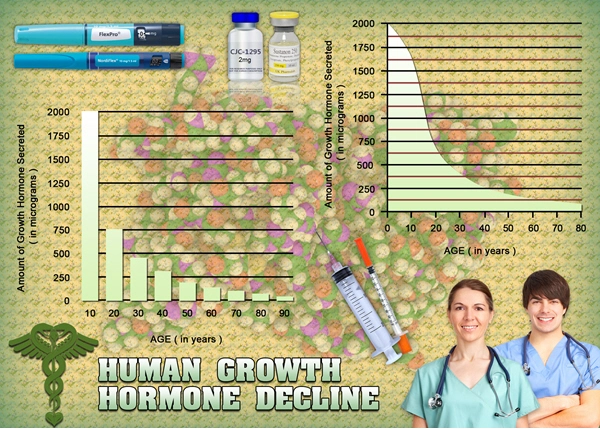
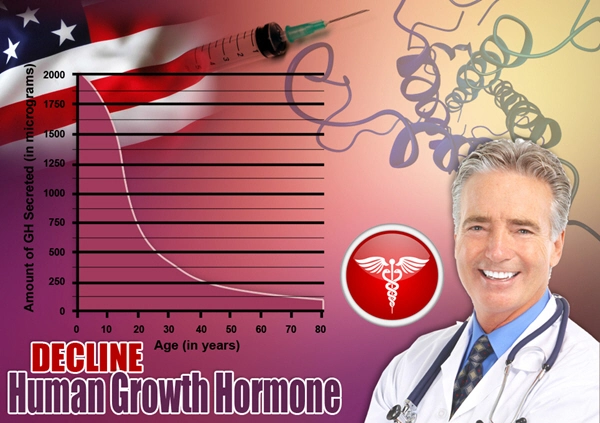
List of USA state clinics - click a flag below for blood testing clinics.
Word Count: 2199


















































